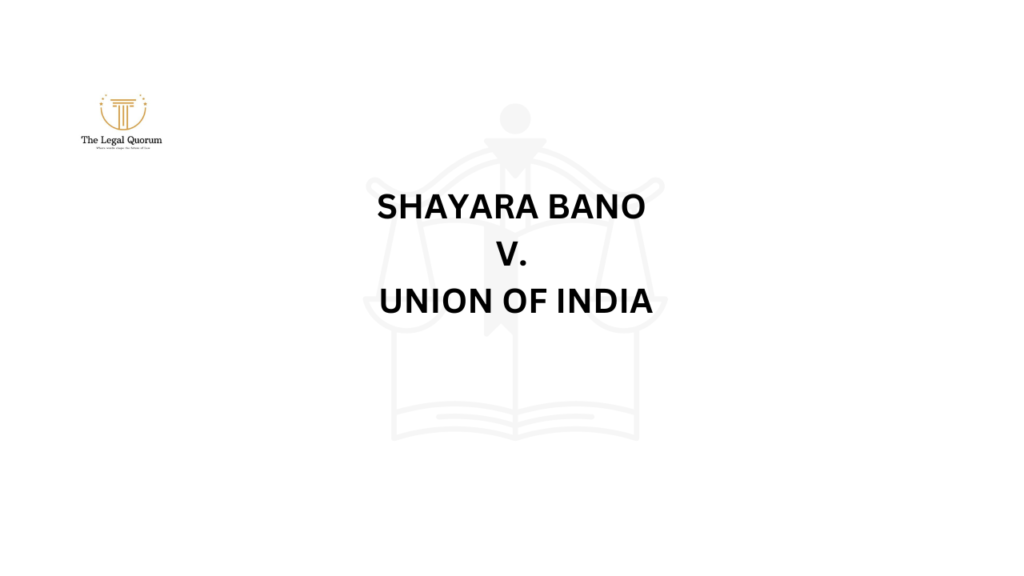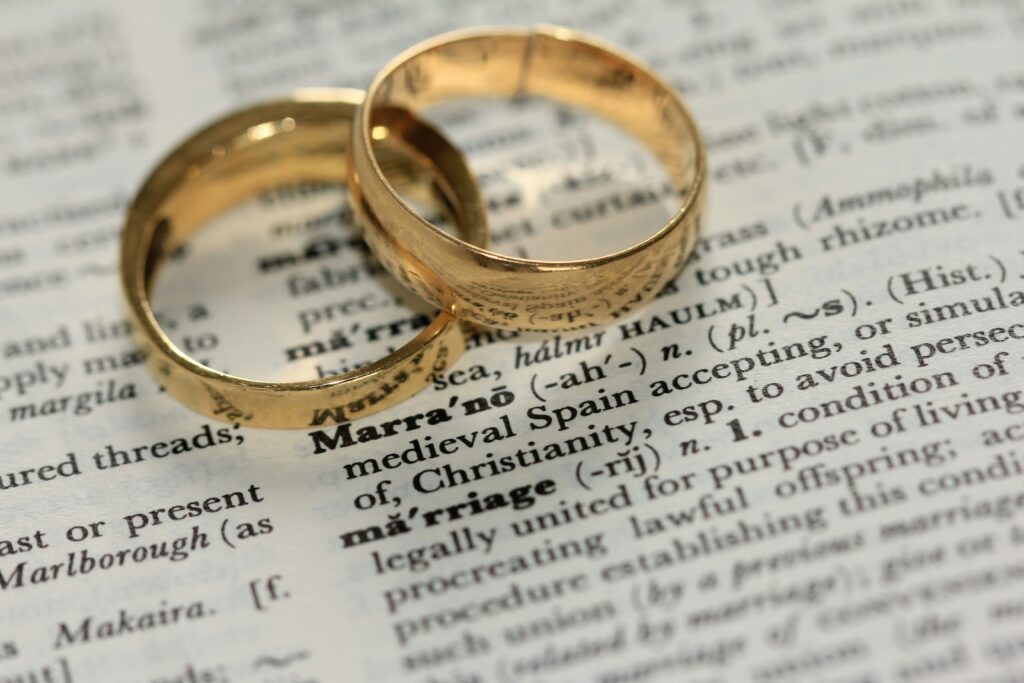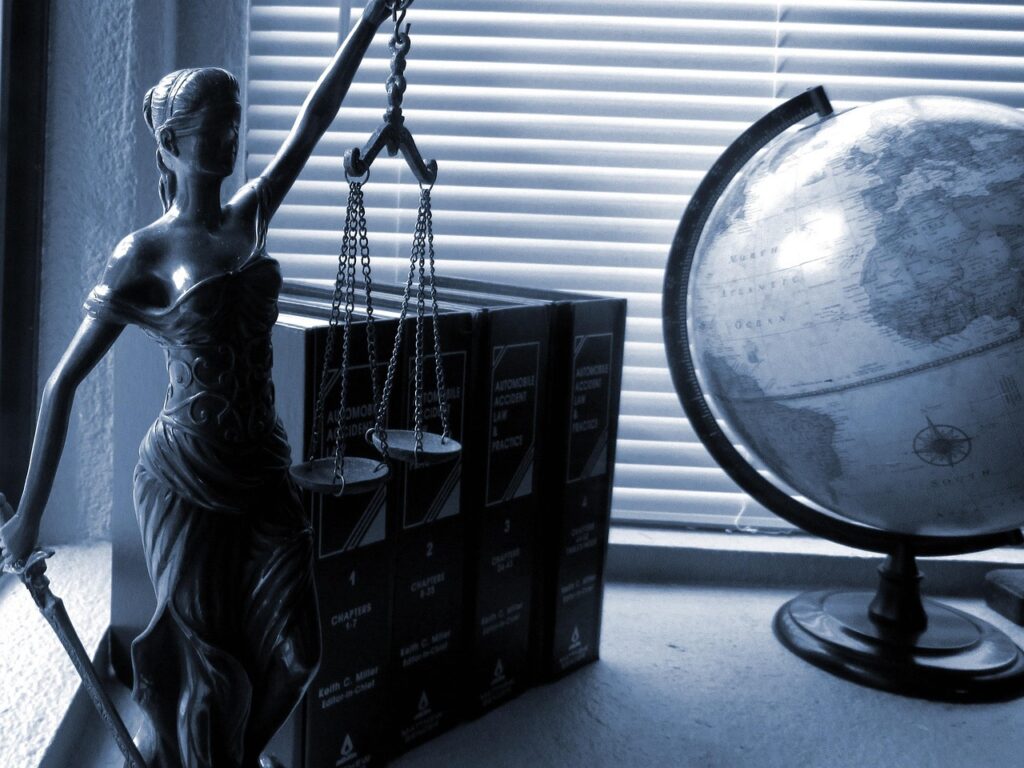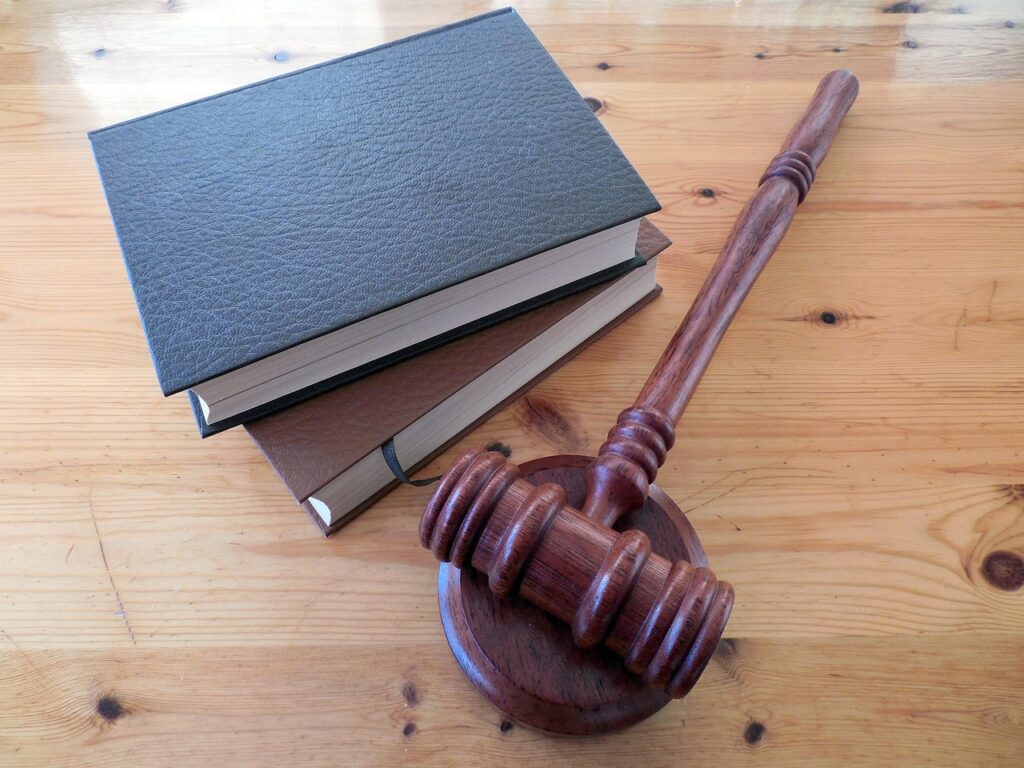Published On: November 17th 2025
Authored By: Bipasha Sinha
Baba Banarasi Das University, Lucknow
Court: Supreme Court of India
Bench: Hon’ble Justice Dipak Misra & Hon’ble Justice Prafulla C. Pant
Date of Judgement: 13 May 2016
Relevant Statutes/Provisions: Article 21, 19 (1)(a), 19(2) of the Indian Constitution, Section 499 and 500 of Indian Penal Code, Section 199 of Code of Criminal Procedure.
Brief Facts:
In 2014, Mr. Subramanian Swamy, a prominent politician raised corruption allegations against the former Chief Minister of Tamil Nadu Ms. Jayalalitha. In response Tamil Nadu Government filed defamation charges against him. Consequently, numerous petitions were filed before the Supreme Court under Article 32, challenging the constitutional validity of provisions that criminalized defamation. Key petitioners included politicians like Subramanian Swamy, Rahul Gandhi and Arvind Kejriwal who had been convicted on defamation charges on several occasions. The petitioners challenged the Constitutional validity of Section 499 and 500 of IPC and Section 199 of CrPC and argued that these provisions violated their right to freedom and expression guaranteed under Article 19(1)(a).
Issues:
1: Whether criminalizing defamation under Section 499 and 500 of IPC violates the right to freedom of speech and expression guaranteed under Article 19(1)(a)?
2: Whether Sections 499 and 500 of IPC and Section 199 of CrPC are vague and disproportionate?
3: Whether right to reputation outweighs the right to freedom of speech and expression?
Arguments:
Petitioner’s Arguments:
1: The Petitioner’s first submission was that defamation is not In rem (against the whole society), it is In personam (against a private individual). They argued that since defamation only affects the individual in question it does not encompass the facet of a criminal offense which includes offenses against the whole society.
2: They further contended that right to freedom of speech and expression guaranteed under Article 19(1)(a) is an essential part of the Constitution and the reasonable restrictions imposed under Article 19(2) are done in the interest of the whole society and not of a single individual, therefore Article 19(2) cannot be considered as an authority criminalizing defamation.
3: Their third submission was that Section 499 and 500 of IPC and Section 199 of CrPC criminalizing defamation are vague and disproportionate as they fail to meet the test of proportionality. They argued that criminalizing defamation when it only affects the individual in question is excessive and arbitrary and thus fail to meet the test of proportionality.
4: Lastly, they contended that while the right to reputation is an essential right, however initiating a criminal prosecution solely to protect the self-worth of a single individual is arbitrary and curtails the right to freedom of speech and expression. They argued that a harm on individual reputation can very well be raised in a civil court.
Respondent’s Arguments:
1: The Respondent’s first submission was that right to freedom of speech and expression mandated under Article 19(1)(a) is not absolute and the reasonable restrictions imposed under Article 19(2) includes the term “Defamation”. The term defamation in the provision implies criminal defamation as when defamation was added as a restriction under Article 19(2), the provisions criminalizing defamation were already statutory provisions.
2: They further argued that defamation is in fact In rem as it harms the reputation of an individual in the public eye and also causes social instability in the society, therefore it is not simply an offense against a private individual but concerns the society at large.
3: The Respondents contended that Section 499, 500 of IPC and Section 199 of CrPC are not vague and disproportionate as they include all essentials of a valid crime and are not excessive or arbitrary because defamation is a public wrong and needs to be criminalized to safeguard the interest of the society.
4: Lastly, they argued that a person’s reputation protected under Article 21, cannot be tarnished under the pretext of freedom of speech and expression as right to free speech does not include the right to offend. Therefore, the provisions criminalizing defamation are not unconstitutional as the State is under the obligation to protect the fundamental right of reputation and not let it be violated in the name of freedom of speech and expression which is neither an absolute right nor gives any individual the license to harm someone’s reputation.
Judgement:
It was held that the reasonable restrictions under Article 19(2) include the term defamation. The bench observed that defamation can cause social instability, hence it is a criminal offense. Further the court mandated a proportionate balance between the right to reputation and right to freedom of speech and expression.
Ratio Decidendi:
1: Restrictions on Free Speech
The Court held that while right to freedom of speech and expression guaranteed under Article 19(1)(a) is an intrinsic right, it is not absolute in nature and necessary restrictions are crucial to protect the public and societal interest. The Court reasoned that freedom of speech cannot be used as an authority to defame an individual and harm their reputation. Right to Reputation is an integral right protected under Article 21 of the Constitution and it cannot be violated under the guise of right to free speech. Therefore, necessary restrictions must be imposed on free speech to maintain stability and order in the society and ensure the protection of fundamental right of reputation.
2: The Constitutional validity of provisions criminalizing Defamation
The Court held that Section 499 and 500 of IPC and 199 of CrPC are neither vague and disproportionate, nor an excessive restriction on freedom of speech and expression. The reasoning behind this was that what affects the individual also affects the society at large as a society is a collection of individuals. Defamation distorts the reputation of an individual before the public eye and causes social instability. It creates a dent in the social harmony. Therefore, it is not simply an offense affecting a single individual but one that affects the whole society. Although the individual is the ultimate sufferer, a crime against an individual is a crime against the society. Therefore, it is valid to treat defamation as a public wrong. Consequently, the provisions criminalizing defamation are not unconstitutional.
3: Balancing the Right to Reputation and Right to Free Speech
The bench observed that there must be an adequate balance between the right to reputation and right to free speech. The rationale behind this was that no right is absolute and balancing them is the key to protecting the values enshrined in the Constitution. It was reasoned that allowing unrestricted free speech can lead to erosion of a person’s self-worth, reputation and dignity. While right to free speech is a vital fundamental right but it cannot outweigh the right to reputation of an individual. A balance between the two is a necessity to ensure the values of the constitution are sustained and that no identity is left behind in the promise of justice.
Final Decision:
The Court rejected the Petitioner’s submissions and upheld the constitutional validity of the provisions criminalizing defamation.
References:
- ‘Defamation as a Criminal Offence’ (Supreme Court Observer, 10 June 2022) https://www.scobserver.in/cases/subramanian-swamy-union-of-india-defamation-as-a-criminal-offence-case-background/ accessed 25 August 2025.
- (Subramanian Swamy vs Union of India, min. of law. on 13 May, 2016) https://indiankanoon.org/doc/80997184/ accessed 25 August 2025.
- ‘Subramanian Swamy v. Union of India’ (Global Freedom of Expression, 2 July 2021) https://globalfreedomofexpression.columbia.edu/cases/subramanian-swamy-v-union-india/ accessed 25 August 2025.




